Life in Manchester
Manchester is a city on the verge of something exciting and revolutionary. Generally known for the proud swagger and sense of humour of its locals, some of its most famous exports include Oscar-winning film director Danny Boyle, actor and writer Steve Coogan, legendary comedy actress Victoria Wood, countless game-changing bands such as The Smiths, Oasis and Elbow, as well as of course those world-famous football teams who play in the red and blue shirts.
The city is home to grand theatres steeped in history, many contemporary performance spaces, and cutting-edge film and technology hubs from which to experiment and develop your craft.
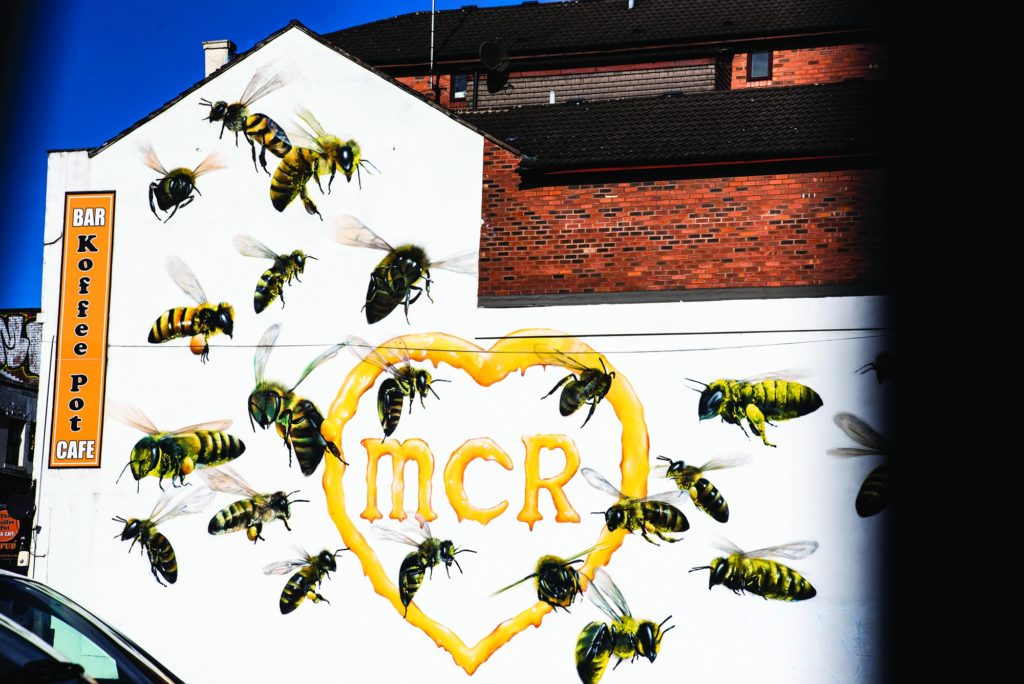
Continuing the progressive, ground-breaking theme, historical figures from the city include suffragette leader Emmeline Pankhurst, who helped shape the battle for women’s votes, ‘Matchstick Men’ artist LS Lowry, A Clockwork Orange author Anthony Burgess, scientists John Dalton (theory of the atom), presenter Professor Brian Cox, and philosopher Fredrich Engels.
The Mardi Gras festival (now Manchester Pride) began in 1985 as a fundraising event for people living with AIDS. It thrived in the 90s as a unifying community event, making it a national focal point for change and inclusivity. Contemporary Manchester is now a highly creative city with a diverse cultural scene and a wealth of theatres, galleries, live music and cinemas. Aside from the City’s musical hotspots, you can soak up history, art and culture at key locations such as the Manchester Museum, Manchester City Gallery, MOSI, The Imperial War Museum, The Lowry, Palace Theatre and Manchester Opera House, Royal Exchange Theatre, Manchester Craft Centre, HOME and Bridgewater Hall.y
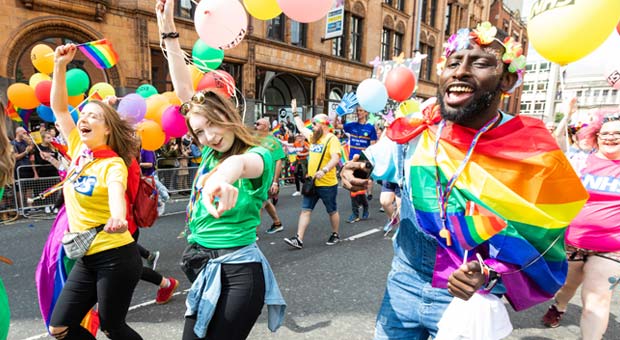
Manchester boasts a vibrant performing arts scene that pulsates with creativity and diversity. The city is home to a plethora of theatres, each with its own distinct character and offerings. The iconic Royal Exchange Theatre, located within a stunning circular building, presents a mix of classic and contemporary plays. The Palace Theatre and Opera House host a range of Broadway musicals, West End productions, and dance performances, catering to a broad audience. The annual Manchester International Festival is a pinnacle of the city’s cultural calendar, showcasing groundbreaking performances across various art forms.
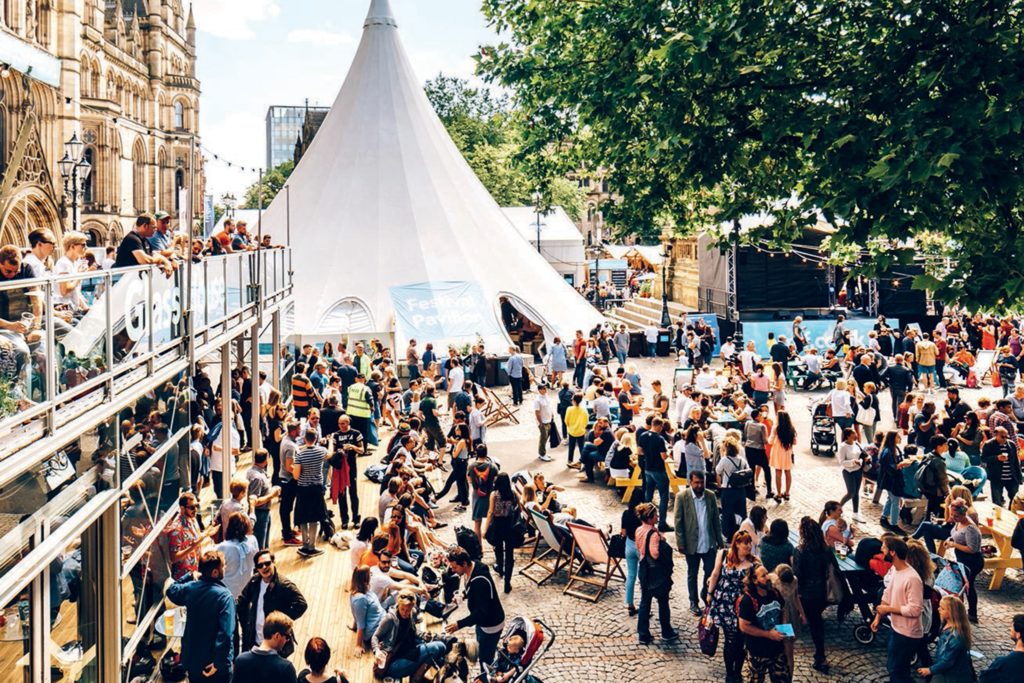
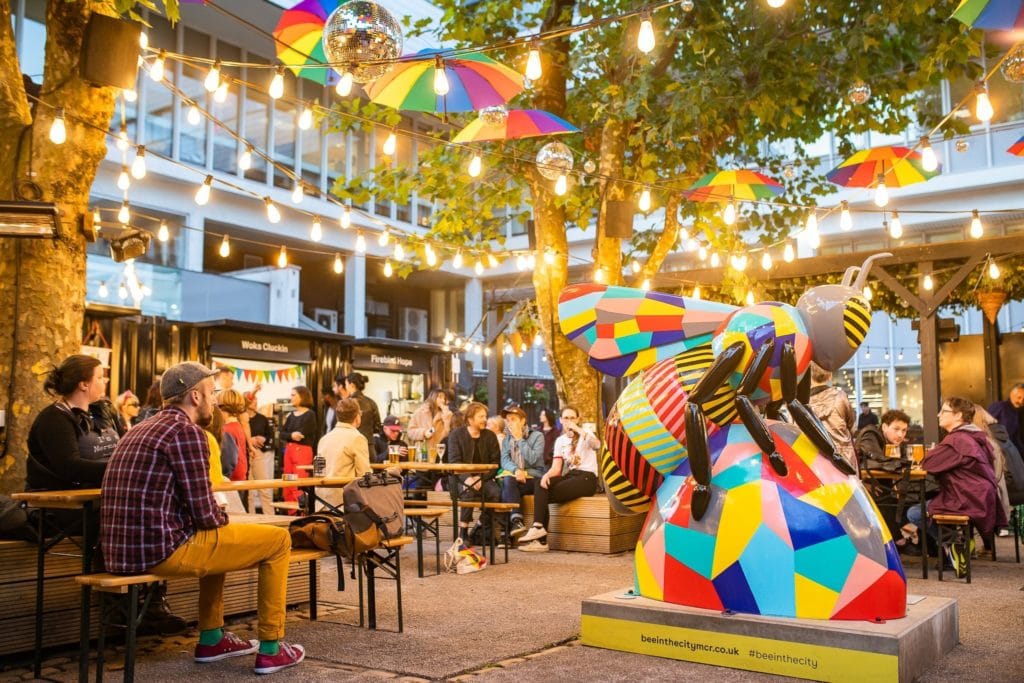
A deep sense of pride runs throughout Manchester’s nightlife, with the Warehouse Project attracting headline acts like Mura Masa, Jon Hopkins, Caribou and other big-name DJs.
Manchester’s Gay Village caters for a vibrant LGBTQI+ scene, and with four universities, Manchester has a huge student population. There are plenty of student club nights and events throughout the year to suit all music tastes. Manchester Academy 1, 2 and 3 are just a short walk from the City Centre, as are the O2 Apollo Manchester and Manchester Arena. Plus, venues such as Soup Kitchen, Gullivers, YES and Gorilla are the perfect places to catch the best new bands.
Be sure to visit ‘The Curry Mile’ in Rusholme (past the universities up Oxford Road) for affordable, good-quality Indian food. China Town (just off Portland Street) has a wide choice of Chinese, Thai and Japanese places to suit any budget. There’s also a fantastic fish & chip shop called Portland Plaice.
In the Northern Quarter, check out Sugar Junction for a quaint vintage tea room. Almost Famous, Luck Lust Liquor and Burn are amazing for deliciously dirty burgers and quirky Mexican street food.
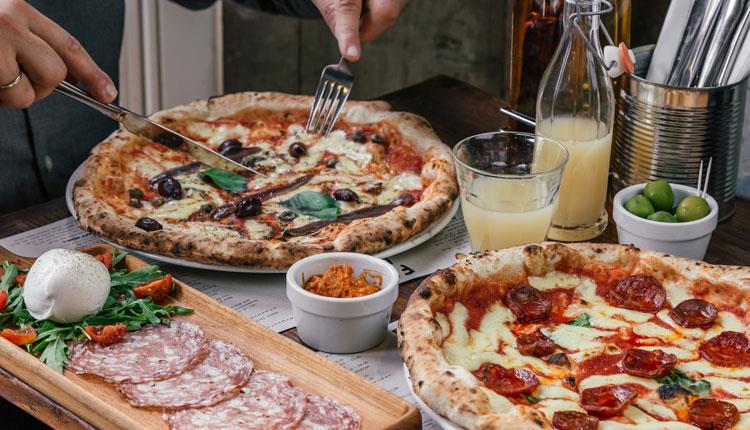
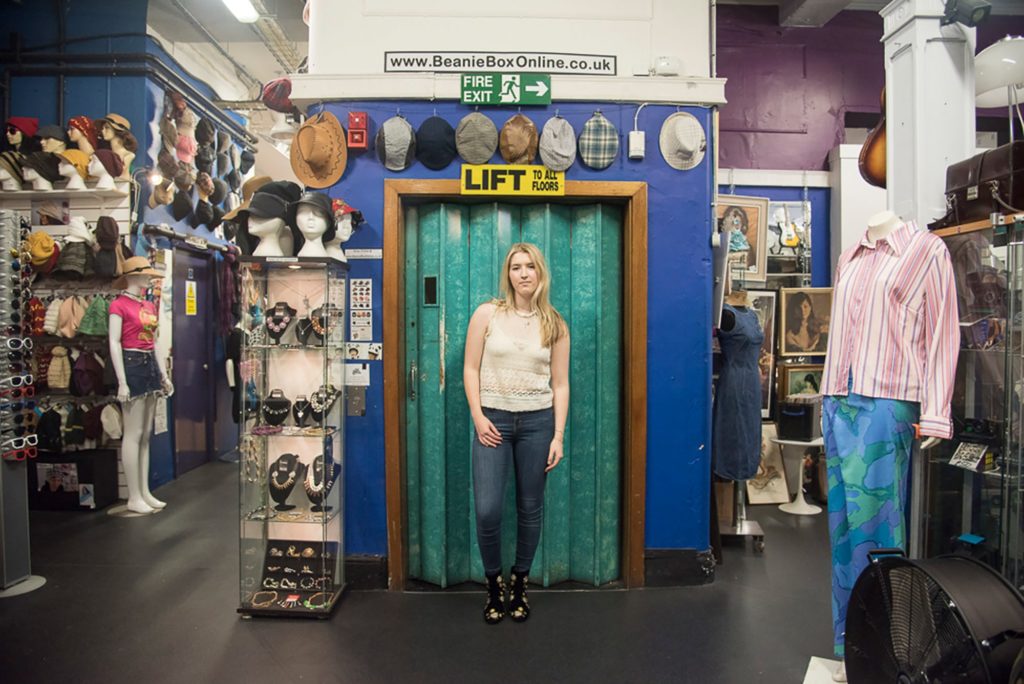
Manchester Arndale is the main shopping centre with all the big names in the middle of town. For top-end brands, try King Street; for more vintage tastes, try the Northern Quarter. The Trafford Centre, a short bus ride to Old Trafford, opens at 10 am and has many shops and restaurants.
For food shopping, there’s a medium-sized Aldi supermarket on Bridge Street in the centre and a range of small Spar and Sainsbury’s shops along Oxford Road. Larger supermarkets are all around the outskirts of the city.
There are plenty of open spaces and green areas to take a break and enjoy, such as Piccadilly Gardens – a nice spot to hang out in the sunshine between lectures. A little further south, just off Canal Street, you’ll find Sackville Park, home to the Alan Turing memorial statue.
Look a little further afield, and you’ll find Manchester and its surrounding areas teeming with numerous wide-open spaces like Heaton Park, Alexandra Park and many others.
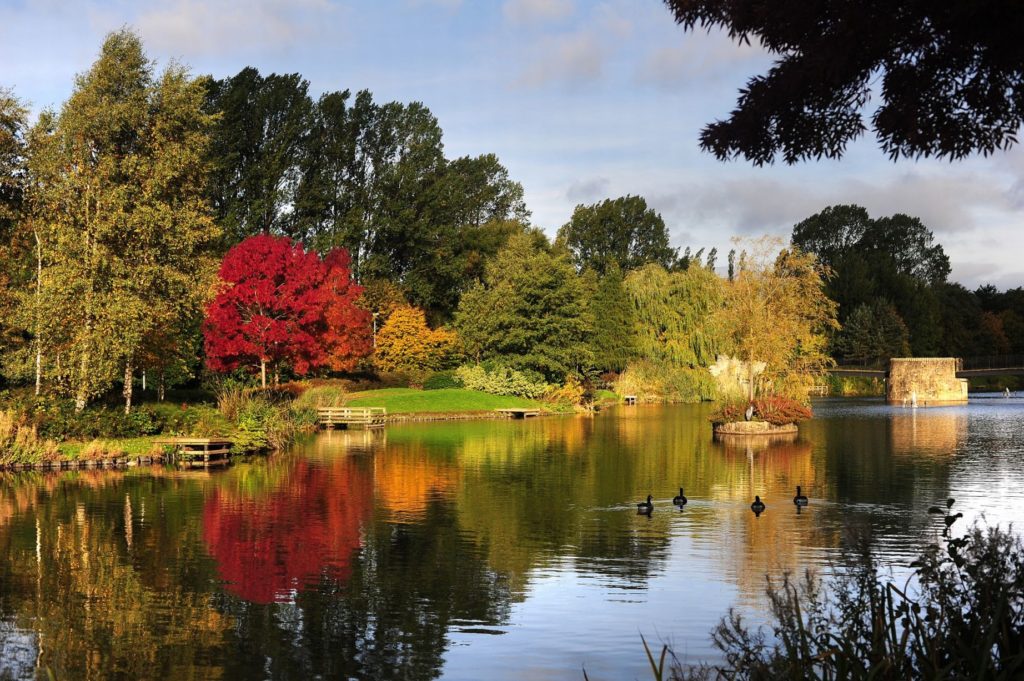
Bike
Manchester is very cyclist-friendly, with accessible cycle lanes. If you live a short distance from the college, it might be the most cost-effective way to travel. Find out more about cycling in Manchester at cycling.tfgm.com
Bus
The closest bus stops to Great Marlborough Street, on the main student route, are located on Oxford Road, by the Dancehouse coming into the city centre, and by the Palace Hotel to leave the city centre. Bank Chambers is a few minutes from the central bus station at Piccadilly Gardens. Buses at these stops frequently run between Manchester City Centre and popular student areas such as Rusholme, Fallowfield and Withington.
Manchester has the busiest bus route in Europe due to the number of universities on the Oxford Road corridor. As a result, you will rarely have to wait more than a few minutes for a bus during the day. Most buses on this route go from Piccadilly Gardens to South Manchester straight down Oxford Road.
Taxi
Manchester is well-serviced by taxi cabs, UBER and other minicab companies. Always make sure to pre-book your taxi from a fully licenced taxi firm.
Train
For those living outside of the city, Manchester is easily accessible from either Piccadilly or Oxford Road Station.
Plane
The nearest major airport is Manchester Airport (MAN / EGCC). This airport has international and domestic flights and is 13 miles (half-hour train journey) from the centre of Manchester.
Metrolink (Trams)
Manchester Metrolink has been expanding throughout the city and is a quick and easy way to travel across Greater Manchester. Metrolink runs on several lines, including Salford Quays/Media City and East Didsbury.
Any Questions?
For any questions regarding Manchester student life or if you’d like more information on how to apply to ICTheatre Manchester please contact our Admissions Team on 0344 2 646 666 or email admissions@ictheatre.ac.uk


